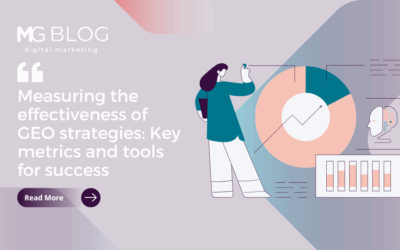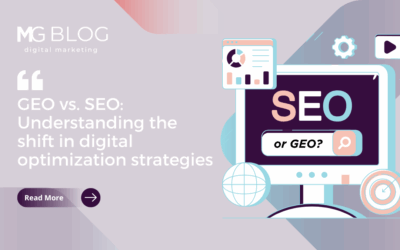The federal workforce is graying, as more than a third of federal employees will be eligible to retire by 2020. But major federal workforce gaps are already present across the board, and they may only get worse in the next three years.
This is by no means a new development. Hiring and retaining talent has been a critical issue for the federal government for years. During President Obama’s first term, his May 2010 memorandum, “Improving the Federal Recruitment and Hiring Process,” was a step to combat the problem, as was his creation of the Pathways Programs to try and bolster federal hiring of younger generations. In recent years, the federal government also launched 18F, getting younger generations to pay attention to the government, while creating the space for digitally focused and tech-centric jobs.
Creating the space for these jobs, though, does not mean that there are individuals readily available to fill them.
So, what do we do?
It seems that at every turn, in every agency from the Federal Bureau of Investigation to the National Geospatial-Intelligence Agency to the General Services Administration, many are calling for the federal government to make major changes to modernize and keep pace with the private sector. Unfortunately, these calls are made without addressing the employees who will be accomplishing all of this.
To hire and retain talent in the federal workforce, we need to turn to the next generation of federal employees: millennials.
Get More Millennials Into the Workforce
According to the most recent Federal Employment Reports from the Office of Personnel Management, less than 7 percent of the federal workforce is under 30 years old. Additionally, many of the fellowships that have traditionally provided a stream of millennials into the federal workforce have suspended hiring.
Millennials want to be working in jobs that are making a difference, which would seem to make the federal government an appealing option. However, it’s clear that the federal government needs to make changes based on other requirements millennials have for job satisfaction.
Though the thought of millennials brings the image of Snapchat filters or #selfies, compromising with the youngest generation in the workforce is not as difficult as one may think.
Many private sector organizations have tried to figure out what this newest generation of workers needs and expects. Comparing and contrasting similar reports done by PwC, Deloitte, and Gallup, the biggest concerns for millennials are:
- Work Engagement — Millennials across the board want to be doing work that is interesting and meaningful. Still, they need their workplace to engage them. This could come in the form of professional development or just being aware of opportunities that are available to them in the workplace. According to Gallup, the most important thing millennials look for in their job hunt is the “opportunity to learn and grow” at work.
- Flexibility in Their Work Environment — Millennials strongly believe in the idea of a work-life balance. Agencies need to make sure they are implementing telework schedules, where possible, as well as allowing for more casual attire and flex schedules. According to PwC, “Millennials do not believe that productivity should be measured by the number of hours worked at the office, but by the output of the work performed.
- Opportunity for Growth — According to the same Gallup poll, millennials also find it more important than other generations to be provided with the opportunity for growth right from the start. If agency leads or agency team leaders were to implement more formal review checkpoints, allowing millennial employees to know that they’re making progress towards advancement, it’s more likely they would be committed to their workplace for the long term.
- Compensation — Perhaps the least surprising finding of these reports is that millennials expect fair pay for the work that they’re doing, and with tools like LinkedIn and Glassdoor, where you can make sure the pay you’re being offered is competitive, it’s relatively easy for the current generation to make sure they’re getting paid fairly. The good news for government, though, is that in the Congressional Budget Office study, “Comparing the Compensation of Federal and Private-Sector Employees, 2011 to 2015,” federal civilian workers whose highest level of education was a bachelor’s degree (most millennials) earned 5 percent more, on average, in the federal government than in the private sector. This isn’t the case as the level of education increases, however. The sooner the government can match pay rates as closely as possible to the private sector, the better they’ll be able to retain talent.
Millennials are a loyal generation. If government can work to meet its next generation of workers halfway, it’s possible the workforce gap will close and stay closed for quite some time — while also possibly making the rest of the federal workforce more satisfied and a little less wary of the #selfie generation.
Want information on how to position your company around upcoming trends in the federal space? Contact Merritt Group today at info@merrittgrp.com to get the conversation started!



